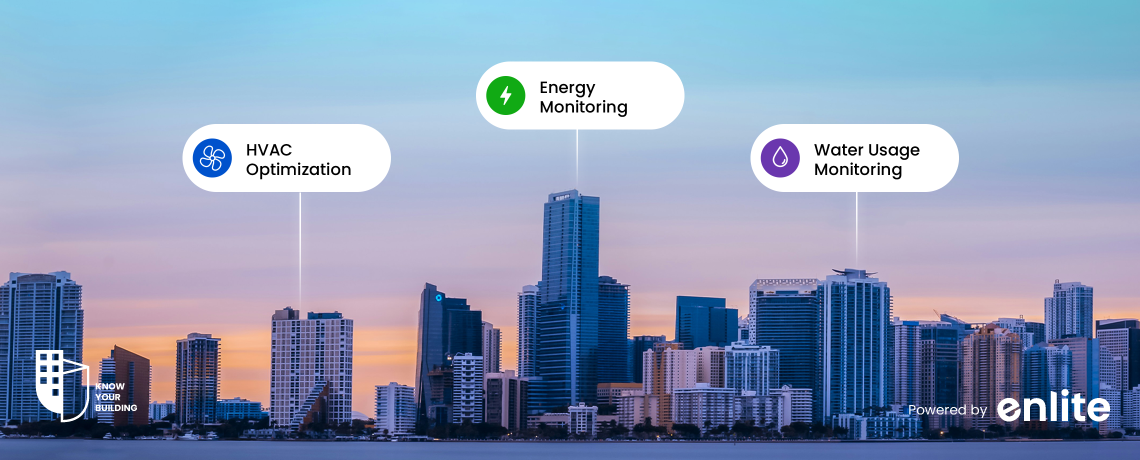Building Management Systems (BMS) are instrumental in reducing carbon footprints by optimizing energy use and integrating renewable energy sources. These systems manage and control a building’s mechanical and electrical equipment, ensuring efficient energy use and reducing overall carbon emissions. BMS optimize energy consumption through real-time monitoring and automated adjustments, such as adjusting lighting and HVAC settings based on occupancy and daylight levels. This leads to significant energy savings and a reduction in carbon emissions. Data from various buildings using BMS show a decrease in energy consumption by up to 30%, directly contributing to lower carbon footprints. By ensuring that energy is used efficiently, BMS play a crucial role in promoting sustainability and environmental stewardship.
The integration of renewable energy sources is another significant way BMS help reduce carbon footprints. BMS support the use of solar panels, wind turbines, and other renewable energy technologies by optimizing their performance and ensuring they work in harmony with traditional energy sources. This integration not only reduces reliance on fossil fuels but also maximizes the benefits of renewable energy. For example, buildings that have implemented BMS and renewable energy sources report even greater reductions in carbon emissions. Some urban buildings have achieved up to 40% reductions in their carbon footprints, showcasing the potential of BMS to drive substantial environmental benefits.
Case studies provide compelling evidence of the impact of BMS on reducing carbon footprints. For instance, a large office building that integrated BMS and renewable energy sources reported a 35% reduction in energy consumption and a 40% decrease in carbon emissions. These results highlight the effectiveness of BMS in promoting energy efficiency and supporting renewable energy integration. Furthermore, the economic benefits of reduced energy costs and enhanced operational efficiency make BMS an attractive investment for building owners. In conclusion, BMS play a crucial role in reducing carbon footprints by optimizing energy use and supporting renewable energy integration, making them essential for achieving sustainability goals.
Join the movement towards a greener future with our cutting-edge cloud-native building management systems. Reduce your building’s carbon footprint and boost energy efficiency. Contact us today to learn more about our innovative climate tech solutions.














